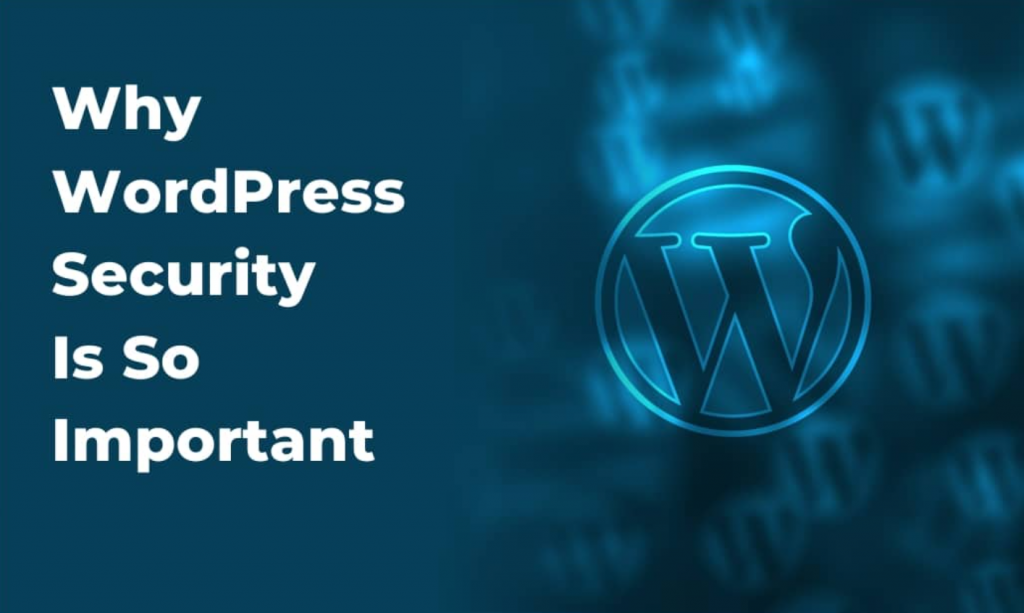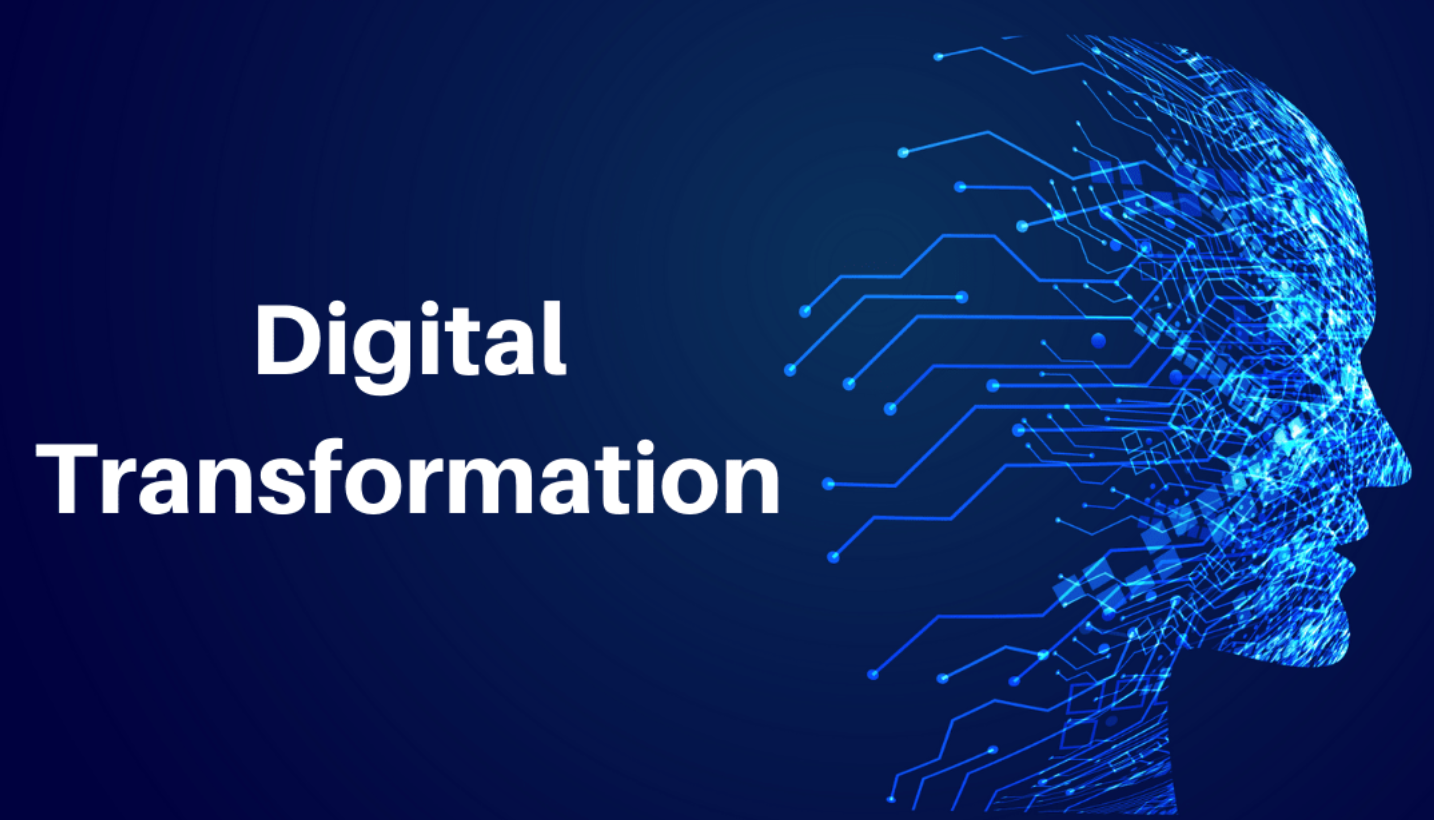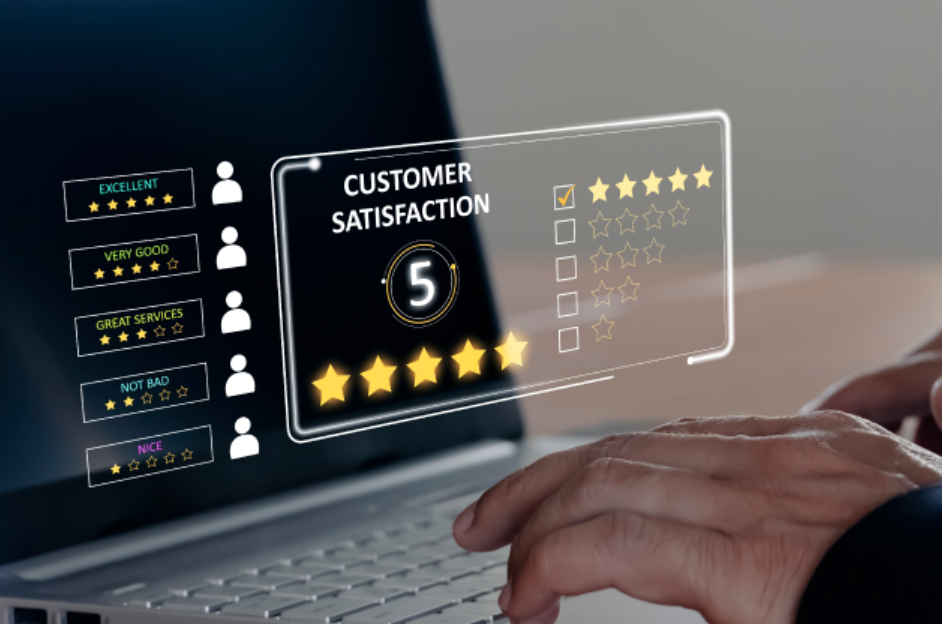WordPress is a popular content management system (CMS) used by millions of websites worldwide. Its user-friendly interface and customizable features make it a favorite among bloggers, small businesses, and large corporations. However, with great popularity comes great responsibility – WordPress security is paramount.
In this article, we will explore why WordPress security is so important. From protecting your website from cyberattacks to ensuring the safety of your visitor’s personal information, we’ll delve into all aspects of securing your WordPress site. Whether you are new to web development or an experienced developer, understanding the importance of WordPress security is crucial for maintaining a safe online presence.
Why WordPress Security Is So Important
Here are some reasons why WordPress security is so important.
The prevalence of WordPress vulnerabilities
As the most widely used CMS, WordPress is a prime target for hackers. Vulnerabilities can arise from outdated WordPress versions, poorly coded themes or plugins, or weak passwords. Hackers exploit these vulnerabilities to gain unauthorized access, inject malicious code, deface websites, or steal sensitive data. Ensuring robust security measures can help protect against such attacks.
Protection of User Data
Websites often collect user information, such as names, email addresses, and payment details. If a hacker gains access to this data, it can lead to identity theft, financial loss, or other malicious activities. By implementing strong security measures, website owners can safeguard their users’ data and maintain their trust.
Prevention of Website Downtime
A compromised website can result in significant downtime, leading to traffic, customers, and revenue loss. In addition, hackers may deface or take down a website entirely, causing inconvenience to visitors and damaging the site owner’s reputation. Regular security monitoring, timely updates, and effective security practices can help prevent such disruptions and maintain the website’s availability.
Protection Against Malware and Spam
Malware can be injected into a WordPress website through malicious themes, plugins, or compromised files. These malware infections can cause issues such as site slowdown, browser warnings, and SEO penalties. Compromised websites are often used to distribute spam emails or engage in other malicious activities. Implementing security measures, such as regular malware scans and secure coding practices, helps mitigate these risks.
SEO Considerations
WordPress websites rely on search engine optimization (SEO) to improve their visibility and attract organic traffic. However, security vulnerabilities can negatively impact SEO efforts. Search engines may flag compromised websites as unsafe, resulting in lower rankings or removed from search results. Website owners can protect their SEO investments by prioritizing security and maintaining a positive online presence.
Legal and Regulatory Compliance
Depending on the nature of the website and the data it handles, there may be legal and regulatory requirements regarding data protection and security. Non-compliance can lead to severe penalties, lawsuits, and reputational damage. Therefore, ensuring WordPress security measures align with applicable laws and regulations is crucial for website owners to avoid legal consequences.
So, what can website owners do to enhance WordPress security?
- Keep WordPress, themes, and plugins updated to benefit from security patches and bug fixes.
- Use strong, unique passwords and consider implementing two-factor authentication.
- Regularly back up website files and databases to quickly restore in case of an incident.
- Install reputable security plugins offering malware scanning, firewalls, and login protection.
- Limit access privileges to prevent unauthorized changes or installations.
- Choose themes and plugins from trusted sources and remove unused or outdated ones.
- Employ secure hosting services and consider using a web application firewall (WAF).
- Finally, educate website administrators about best security practices and potential threats.
Conclusion
In conclusion, WordPress security is not something to be taken lightly. The consequences of a security breach can be severe, from loss of data to harm to your reputation. However, by taking the necessary precautions, such as keeping your software and plugins up-to-date, using strong passwords, and implementing two-factor authentication, you can significantly reduce the risk of a hack. Remember, WordPress security is an ongoing process that requires constant attention and effort. So don’t wait until it’s too late; prioritize your website’s security today and keep it safe from cyber threats.



